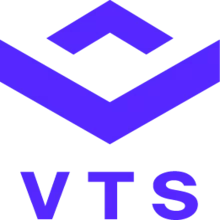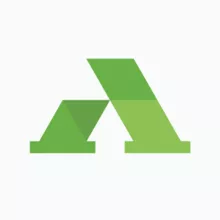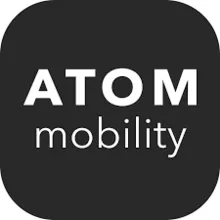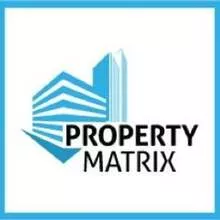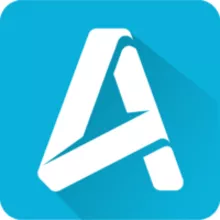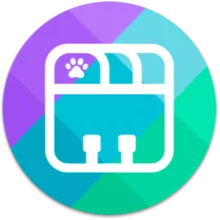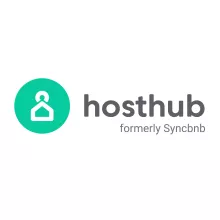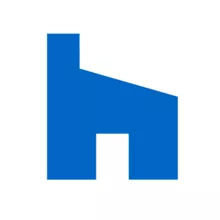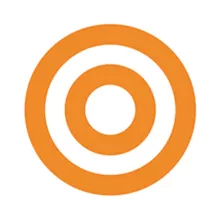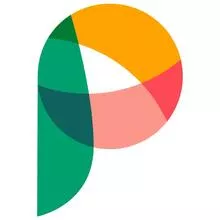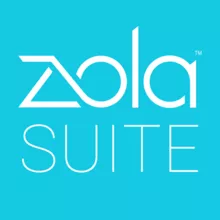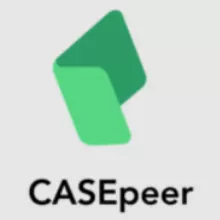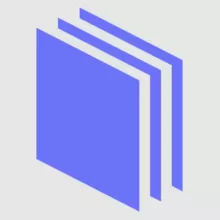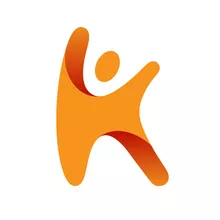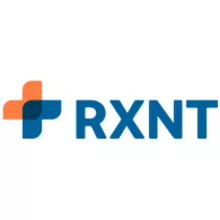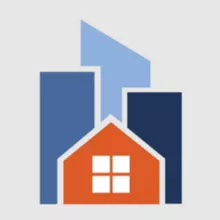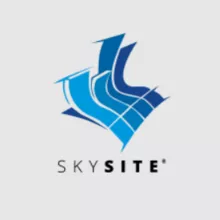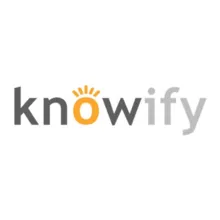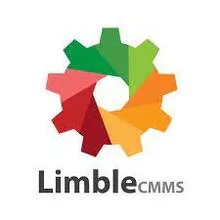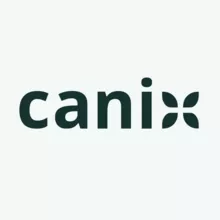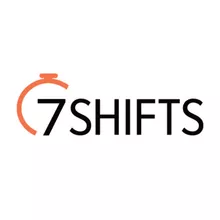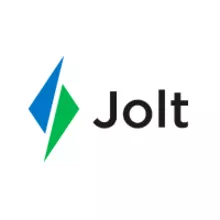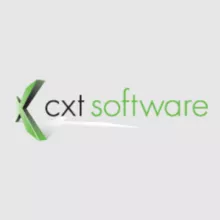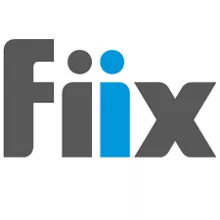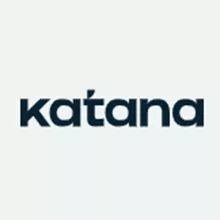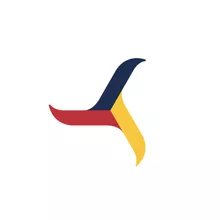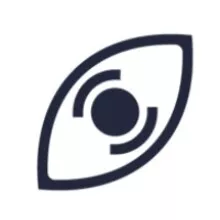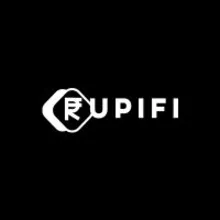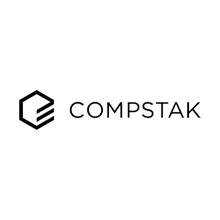Property Management software for portfolios or single properties
Property Management Software: Overview
Property management software is a program that helps landlords and property managers keep track of their rental properties, accounts, renters, and financials.
Online rent payments, opportunities to list rental vacancies online, prospective screen tenants, have renters sign lease agreements online, and, most significantly, comprehensive reporting functions for accounting are all available in software packages designed expressly for the real estate business.
Modern applications make property management software easy to use on a smartphone, tablet, or mobile device for rental professionals on the road. Everything may be done from your preferred device, from mobile lease execution and work order documentation to rapid tenant screening and submitting updated images for online rental ads.
Key Features of Property Management Software
- Day-to-day duties and commercial processes can be automated.
- Increase tenant satisfaction and communication.
- Ensure that the property ledgers are correct and current.
- Owners and managers of rental properties: Property management software is used by all types of rental property owners to streamline their responsibilities and activities. Whether they handle short- or long-term rentals, apartments, student housing, condominiums, single-family housing, commercial spaces, or gated communities, software that automates or simplifies operations will benefit them all.
- Tenants: When filing maintenance requests, receiving notices about building updates or incoming packages and engaging with property managers, tenants use property management software through a tenant portal.
- Property managers: Real estate asset managers that manage investment portfolios at the property level use property management software to improve the financial performance of income-producing assets.
- Financial management: Property management software allows users to keep track of their properties' financial condition. Property managers and owners utilize the program to streamline and automate their accounting and bookkeeping processes, as well as create property portfolio reports for investment purposes.
- Facility management: Managing real estate properties, regardless of their nature, necessitates the property owner's competent oversight of all aspects of their properties. Property management software allows landlords to keep track of any repair requests received from tenants. Property owners can also use the program to verify that vendors are paid on time, and that regular work orders are set up.
- Reporting: A good property management program may help you keep accurate and compliant property records, understand and predict occupancy rates, conduct better tenant screens, and speed up the leasing process.
- Tenant or resident communication: Property management software's tenant and owner portals facilitate communication between the parties. This makes rent collecting easier and allows for better tracking. The program will enable tenants to submit maintenance requests simply. Property owners can get a more comprehensive picture of new and current tenants, which improves resident loyalty and reputation management.
Who Uses Property Management Software?
Here is the list of the best Property Management Software of 2022.
What Are the Benefits of Using Property Management Software?
To know more about Property Management Software you can check this article.



